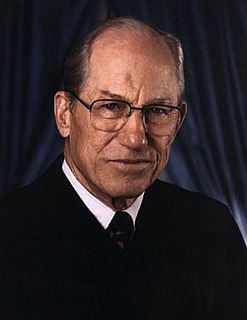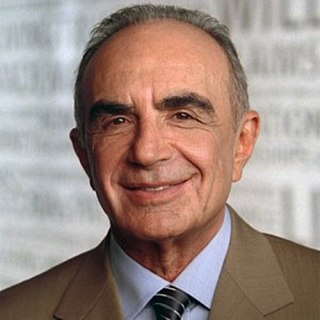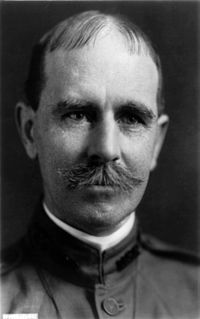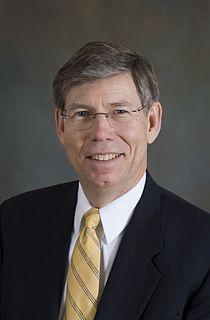A Quote by Byron White
A right to jury trial is granted to criminal defendants in order to prevent oppression by the Government.
Quote Topics
Related Quotes
I believed there was enough evidence to go to trial. Grand jury said there wasn't. Okay, fine. Do I have a right to disagree with the grand jury? Many Americans believe O.J. Simpson was guilty. A jury said he wasn't. So I have as much right to question a jury as they do. Does it make somebody a racist? No! They just disagreed with the jury. So did I.
Of the liberty of conscience in matters of religious faith, of speech and of the press; of the trial by jury of the vicinage in civil and criminal cases; of the benefit of the writ of habeas corpus; of the right to keep and bear arms.... If these rights are well defined, and secured against encroachment, it is impossible that government should ever degenerate into tyranny.
If the federal constitution is to be construed so far in connection with the state constitutions, as to leave the trial by jury in civil causes, for instance, secured; on the same principles it would have left the trial by jury in criminal causes, the benefits of the writ of habeas corpus, etc. secured; they all stand on the same footing; they are the common rights of Americans, and have been recognized by the state constitutions.
In representing criminal defendants - especially guilty ones - it is often necessary to take the offensive against the government: to put the government on trial for its misconduct. In law, as in sports, the best defense is often a good offense. The courtroom oath - to tell the truth, the whole truth and nothing but the truth - is applicable only to witnesses... because the American justice system is built on a foundation of not telling the whole entire truth.
The British government had not engaged in any serious actual oppression of the colonies before 1774, but it had claimed powers not granted by the governed, powers that made oppression possible, powers that it began to exercise in 1774 in response to colonial denial of them. The Revolution came about not to overthrow tyranny, but to prevent it.
Asset forfeiture is a mockery of the Bill of Rights. There is no presumption of innocence, no need to prove you guilty (or even charge you with a crime), no right to a jury trial, no right to confront your accuser, no right to a court-appointed attorney (even if the government has just stolen all your money), and no right to compensation for the property that's been taken.
A criminal trial is like a Russian novel: it starts with exasperating slowness as the characters are introduced to a jury, then there are complications in the form of minor witnesses, the protagonist finally appears and contradictions arise to produce drama, and finally as both jury and spectators grow weary and confused the pace quickens, reaching its climax in passionate final argument.
In existing criminology there are concepts: a criminal man, a criminal profession, a criminal society, a criminal sect, and a criminal tribe, but there is no concept of a criminal state, or a criminal government, or criminal legislation. Consequently what is often regarded as "political" activity is in fact a criminal activity.
































